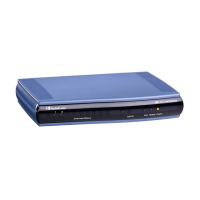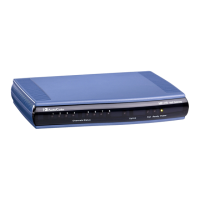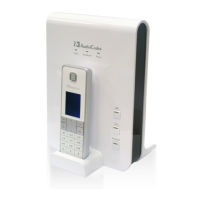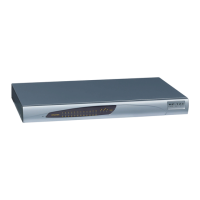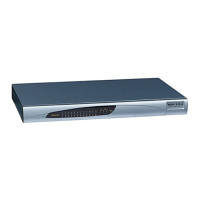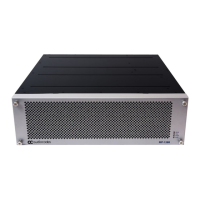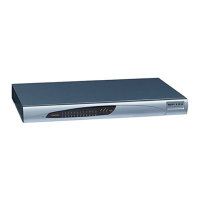CHAPTER35 SBC Manipulations
Mediant 1000 Gateway & E-SBC | User's Manual
Parameter Description
dst-user-name-
pattern
[IPOutboundManipulation_
DestUsernamePrefix]
You can use special patterns (notations) to denote the user part.
For example, if you want to match this rule to user parts whose
last four digits (i.e., suffix) are 4 followed by any three digits
(e.g., 4008), then configure this parameter to "(4xxx)". For
available patterns, see Dialing Plan Notation for Routing and
Manipulation.
The valid value is a string of up to 60 characters. The default
value is the asterisk (*) symbol, meaning any destination user
part.
Note: If you need to manipulate calls of many different
destination URI user names, you can use tags (see 'Destination
Tags' parameter below) instead of this parameter.
'Destination Host'
dst-host
[IPOutboundManipulation_
DestHost]
Defines the destination SIP URI host name - full name, typically
located in the Request-URI and To headers.
The default value is the asterisk (*) symbol (i.e., any destination
host name).
'Destination Tags'
dest-tags
[IPOutboundManipulation_
DestTags]
Assigns a prefix tag to denote destination URI user names
corresponding to the tag configured in the associated Dial Plan.
The valid value is a string of up to 70 characters. The tag is case
insensitive. By default, no value is defined. You can configure
the parameter with up to five tags, where each tag is separated
by a semicolon (;). Each tag can have a name and value (e.g.,
Country=Ireland) or only a value (e.g., Ireland). If you are
configuring multiple tags in the name=value format, the names of
each tag must be unique (e.g.,
Country=Ireland;Land=Scotland).
To configure prefix tags, see Configuring Dial Plans.
Note:
■ Make sure that you assign the Dial Plan in which you have
configured the prefix tag, to the related IP Group or SRD.
■ Instead of using tags and configuring the parameter, you can
use the 'Destination Username Pattern' parameter to specify
a specific URI destination user or all destinations users.
'Calling Name Pattern'
calling-name-
pattern
[IPOutboundManipulation_
CallingNamePrefix]
Defines the calling name (caller ID). The calling name appears in
the SIP From header.
The valid value is a string of up to 37 characters. By default, no
calling name is defined. You can use special patterns (notations)
to denote the calling name. For available patterns, see Dialing
Plan Notation for Routing and Manipulation.
'Message Condition'
message-condition-
name
[IPOutboundManipulation_
MessageConditionName]
Assigns a Message Condition rule as a matching characteristic.
Message Condition rules define required SIP message formats.
To configure Message Condition rules, see Configuring
Message Condition Rules.
- 813 -
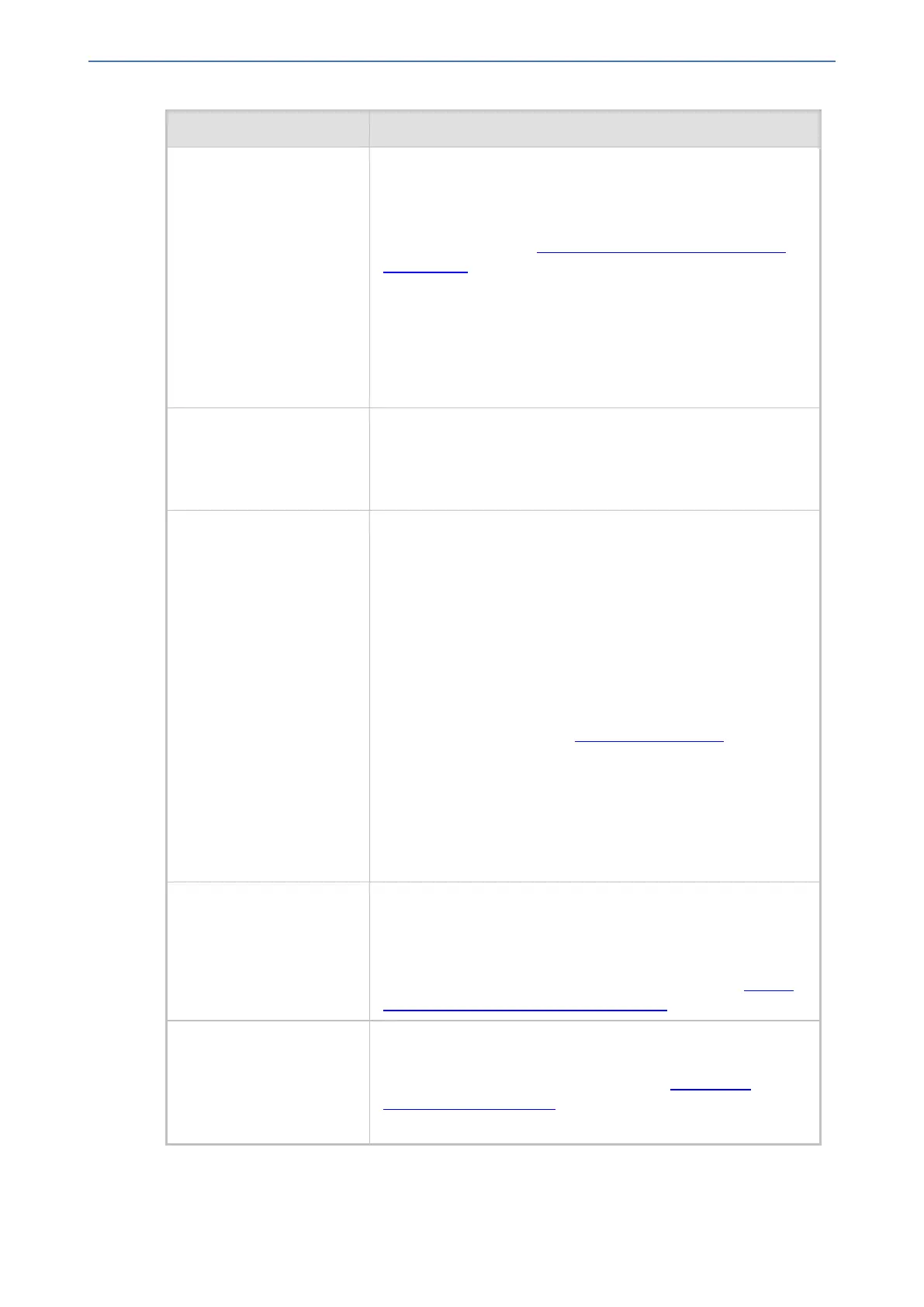